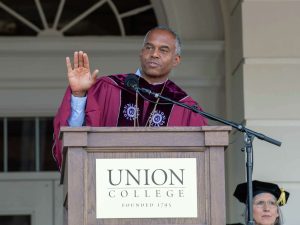Medical crowdfunding is less successful than it appears
Image courtesy of Wikimedia Commons.
February 17, 2022
Online crowdfunding for the cost of medical expenses is gaining more prominence on major social media networks. However, a new study in the American Journal of Public Health reports that online crowdfunding raises less money than social media posts suggest. It also deepens existing healthcare inequalities.
The study matched state and county census data with over 400,000 GoFundMe campaigns started between 2016 and 2020. In the full five-year period, more than $2 billion had been raised in total. The median campaign earned just under $2,000. It showed that people in states with higher medical debt and lower rates of insurance coverage were more likely to try to raise money through crowdfunding websites, like GoFundMe, but were less likely to succeed. From 2016-2020, low-income and under-insured communities were more likely to start crowdfunding campaigns, while campaigns in more affluent communities with higher rates of insurance raised substantially more money. Interestingly, the study found that 16 percent of campaigns raised nothing, and less than 12 percent met their goal.
Medical crowdfunding campaigns are less likely to succeed because they rely on a given person’s peer group, which is often in a similar financial situation to them, says Jeremy Snyder, a health researcher at Simon Fraser University in Burnaby, Canada. Snyder was not affiliated with the study, but wrote a commentary accompanying it. For example, Mississippi has the highest percentage of population with medical debt and is among the highest in percentage of uninsured residents, but crowdfunding campaigns there raised the least money out of all fifty states.
According to study co-author Nora Kenworthy, a public health researcher at the University of Washington at Bothell, “[this study] underscores the need for more comprehensive and equitable security programs for those most in need.”







